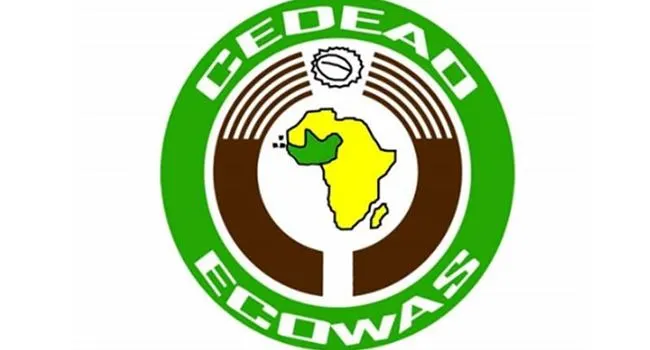The Economic Community of West African States (ECOWAS) has unveiled its electronic certificate of origin, which is a digital system introduced to enhance trade facilitation and check fraudulent practices across the region.
Speaking at the official unveiling in Lagos, the Commissioner for Economic Affairs and Agriculture, Massandje Toure-Litse, who disclosed this at the official unveiling in Lagos extolled the initiative as a transformative milestone in the region’s quest for seamless cross-border trade.
Welcoming dignitaries on behalf of ECOWAS President, Dr Omar Alieu Touray, Toure-Litse, underscored the significance of the new system in addressing longstanding challenges tied to trade liberalization.
Represented by the Director of Customs Union and Taxation, Salifou Tiemtore, she said: “This important ceremony is expected to have a significant and positive impact on the cross-border movement of goods in the ECOWAS region.”
She highlighted the global proliferation of free trade agreements noting that while such agreements unlock markets and boost economic benefits, they also pose unique challenges for developing and least-developed countries like those in West Africa.
“These countries have weak industrial capacity and depend highly on border taxes for economic development. The erosion of customs revenues and non-compliance with origin requirements further exacerbate their precarious economic situations,” Toure-Litse remarked.
The commissioner explained that under manual processes, certificates of origin, essential for securing tariff preferences, have been prone to fraud and inefficiency.
“Unfortunately, as we have experienced over the years, the manual process relating to the application, delivery, and approval of certificates of origin has become cumbersome and very often subject to fraud.”
“This has eroded confidence in the proof of origin, with falsified paper certificates being used to secure tariff preferences, thereby denying parties the benefits of trade liberalization,” she explained.
She noted that the e-CO initiative stems from over a decade of efforts to integrate information and communication technology into border procedures in West Africa.
According to Toure-Litse, ECOWAS has made significant strides in digitising trade instruments.
“In addition to automating the Community transit procedure through the Automated System for the Management of Transit Goods, ECOWAS has reformed the procedures under the ECOWAS Trade Liberalization Scheme and embarked on the ambitious project of dematerializing the certificate of origin,” she added.
She further mentioned that since 2019, ECOWAS has been developing a regional e-CO Hub to digitize the certificate of origin system.
The commissioner explained that this platform connects Customs administrations of exporting and importing countries, ensuring secure communication and efficient trade facilitation, embodying the slogan, “Borders divide, Customs connects.”.
“The newly launched system eliminates manual signatures, reduces fraud, enhances transparency, and streamlines cross-border movement of goods,” said Toure-Litse.
She stated that the e-CO Hub allows for the electronic signing of certificates, which are digitally approved by Customs authorities before being securely transmitted to the importing country’s Customs administration.
“The certificates will be transmitted through a secure and dedicated system, ensuring seamless and efficient trade facilitation,” she added.
The commissioner noted that this digital transformation would significantly reduce time spent verifying certificates and boost confidence in the proof of origin process. “Customs administrations will spend less time verifying authenticity, and the streamlined process will encourage increased trade within the ECOWAS region,” Toure-Litse explained.
“We must collectively embrace this initiative to realize the full potential of trade liberalization in our region,” she urged.
“The launch of the ECOWAS e-certificate of origin marks a pivotal step in fostering economic integration, improving trade efficiency, and curbing revenue losses due to fraud, setting a precedent for digital trade facilitation across Africa,”




